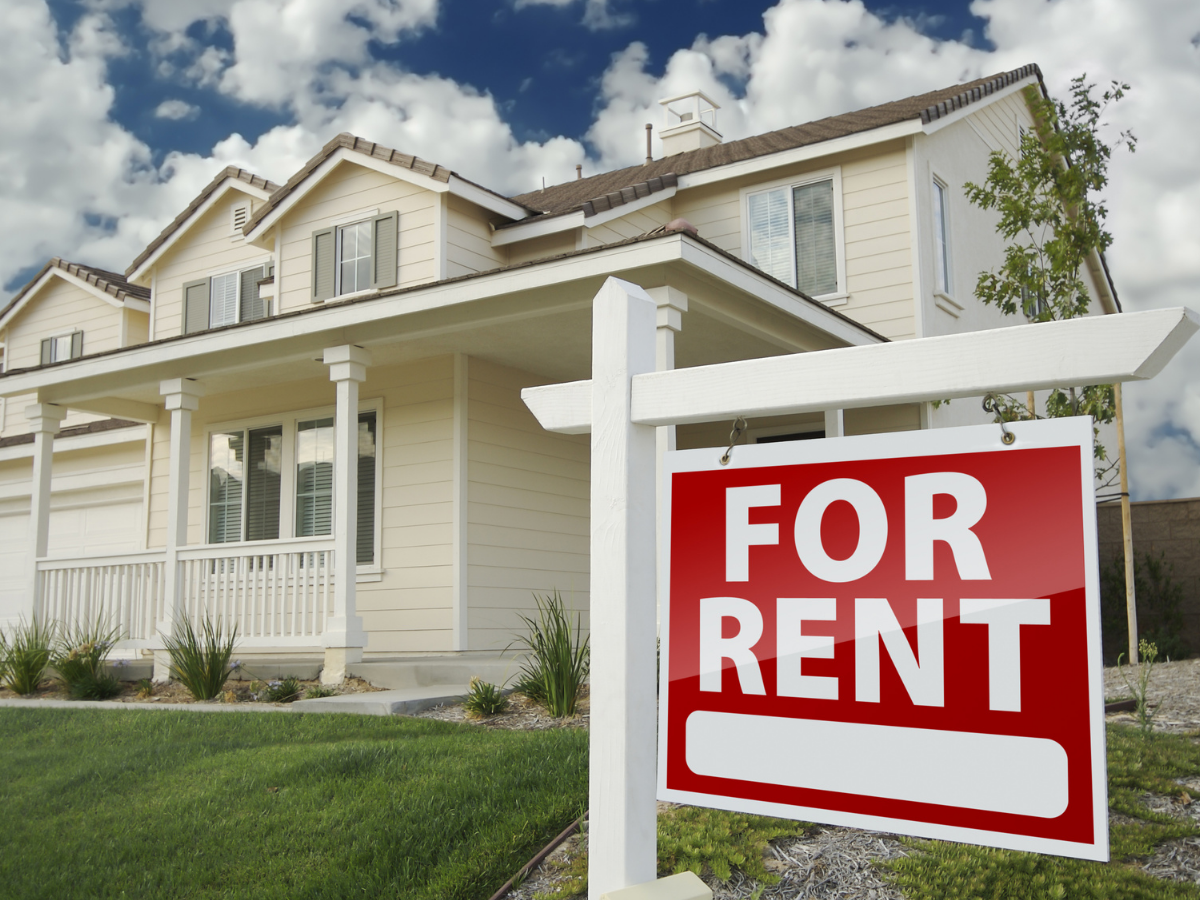For Landlords: Rent Increase in Phoenix
In the ever-evolving landscape of rental properties, understanding the laws surrounding rent increase in Phoenix is crucial. This article aims to provide a comprehensive overview of these laws, helping you navigate this essential aspect of property management.
Introduction
Renting out property can be a rewarding venture, but it also comes with challenges. One of the most significant aspects you must navigate is the process of increasing rent. In Phoenix, specific laws dictate how much and how often you can raise rent, which are designed to protect tenants while allowing landlords to maintain their investments.
Understanding these laws is essential not only for legal compliance but also for maintaining a good relationship with tenants. Being well-informed helps you make better decisions that benefit both parties. This article will discuss the specifics of rent increase in Phoenix, covering the essential information you need to know.

How Much Can a Landlord Increase Rent in Phoenix?
In Phoenix, there is no statewide rent control, which means you have considerable freedom regarding how much you can increase rent. However, the increase must be reasonable and justifiable. Typically, you can raise rent by any amount you deem necessary, but it is advisable to keep increases within a range that reflects the local market conditions.
For instance, a common practice is to raise rent by 3% to 5% annually. This percentage is often seen as fair and reasonable, aligning with inflation rates and cost of living increases. However, you should conduct thorough market research to ensure that your proposed rent aligns with similar properties in the area. Overcharging can lead to tenant turnover, which can be costly in the long run.
Additionally, you should consider the amenities and services you provide when determining rent increases. Properties that offer enhanced features such as updated appliances, landscaping, or community amenities like pools and gyms may justify higher rent increases compared to more basic units. Furthermore, you should be mindful of the competitive rental market in Phoenix, which has seen significant growth and demand in recent years. Understanding the demographics of potential tenants, including their preferences and income levels, can also guide you in setting appropriate rental rates.
It's also important to communicate transparently with your tenants about any proposed rent increases. Providing advance notice and explaining the reasons behind the increase can help maintain a positive landlord-tenant relationship. Many tenants appreciate being informed about the local market trends and how those trends impact their rent. This transparency can foster goodwill and may even encourage tenants to remain in their homes longer, reducing the costs and challenges associated with finding new renters.
When Can You Increase Rent?
Timing is critical when it comes to rent increase in Phoenix. You are required to provide tenants with written notice before implementing any rent increase. The notice period can vary depending on the lease agreement, but generally, a 30-day notice is standard for month-to-month leases.
For fixed-term leases, you typically cannot increase rent until the lease expires unless the lease specifically allows for increases during the term. This means that if a tenant is on a one-year lease, you must wait until the lease is up for renewal to propose any changes to the rent. Understanding the timing and notice requirements is essential to avoid potential disputes with tenants.
How Do You Increase Rent?
Increasing rent requires a systematic approach to ensure compliance with local laws and maintain a positive relationship with tenants. The first step is to review the lease agreement to determine the terms regarding rent increases. This will provide clarity on when and how much rent can be increased.
Once the appropriate time has been determined, you should draft a formal notice to inform tenants of the upcoming increase. This notice should include the current rent amount, the new rent amount, the effective date of the increase, and a brief explanation if necessary. Providing context for the increase, such as rising property taxes or maintenance costs, can help tenants understand the rationale behind the decision.
After sending the notice, be prepared for potential discussions with tenants. Some tenants may have concerns or questions about the increase. Engaging in open communication can help alleviate any tensions and foster an amicable relationship. It is also wise to document all communications regarding the rent increase for future reference.
Final Thoughts: Rent Increase in Phoenix
Understanding the laws surrounding rent increase in Phoenix is vital for managing your properties effectively while remaining compliant with local regulations. While there are no strict limits on how much rent can be increased, you should approach increases thoughtfully and reasonably.
By providing adequate notice, adhering to lease terms, and maintaining open communication with tenants, you can navigate the complexities of rent increases with confidence. Ultimately, fostering a respectful and transparent relationship with tenants not only aids in compliance but also contributes to tenant retention, which is beneficial for your bottom line.
Staying informed about the laws and best practices regarding rent increase in Phoenix is essential. By doing so, you can ensure you are making informed decisions that protect your investment while also respecting the rights of your tenants.
If you want to maximize your rental income without becoming an expert on landlord-tenant law, reach out to Evernest’s Phoenix property management team today!

